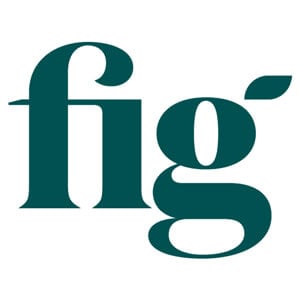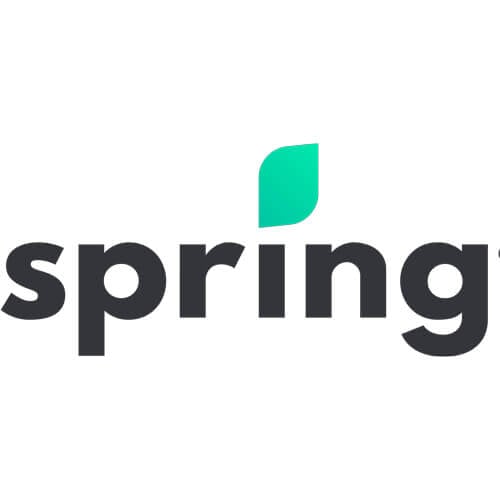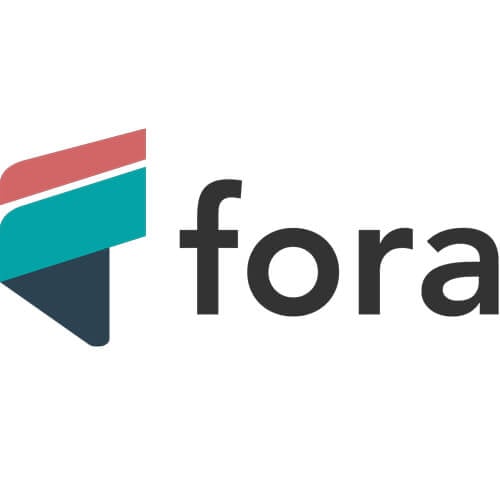Battle of the generations: Who’s having the toughest time with finances in Canada?
Boomers admit they had it easier than others, but Gen Z gave themselves a C in paying off debt. Find out what else the generations are saying about their finances.
Advertisement
Boomers admit they had it easier than others, but Gen Z gave themselves a C in paying off debt. Find out what else the generations are saying about their finances.

OK, Boomer. That phrase evokes images of memes that starkly paint the divide between the generations. But when it comes to money, it turns out Canadians of all ages are on the same page. For the annual MoneySense survey, we asked Canadians to identify their generation and share their thoughts on money—including which generation has it easier with debt. We heard from 3,153 respondents between July 18 and August 23, 2024. Obvious spoiler alert: Everyone is feeling the pinch, and no one thinks Gen Z and Millennials have it easy right now.
According to the poll, 55.5% of Canadians think that Boomers (born 1946 to 1964) had an easier time with debt, and the Silent Generation (born 1925 to 1945) comes in next at 21.8%. Gen Z (born 1997 to 2009) is at the bottom with 4%, with Millennials (born 1981 to 1996) above at 6.8% and Gen X (born 1965 to 1980) on top at 12%.
Boomers have it easiest, say the following generations:
But how did Boomers and those in the Silent Generation respond? Just over half of Boomers (53.8%) say their generation had it easiest, and 26% say the Silent Generation did. Fewer than half of the Silent Generation (44.8%) say they had it easiest, and about a third of them (33.6%) say Boomers did. Turns out, the finger-pointing game isn’t between Gen Z and Boomers, but between the Silent Generation and Boomers.

Cost of living (34.5%) and retirement (36.4%) came in neck-and-neck in the overall poll results for all generations. However, when we look into the responses for each generation, a different story rises to the surface.
As part of the study, MoneySense also asked participants to grade themselves on their confidence about particular financial topics and concerns. Here’s what they said.
Canadians overall are pretty confident in their ability to pay off debt, with the majority of respondents giving themselves either an A or B grade. “A” meant “Not an issue for me because I have no debt,” and “B” was “Very confident. I feel it’s very manageable.”
In under 60 seconds, get matched with a personalized list of loan providers based on your needs and approval likelihood. No SIN required.
However, Gen Z gave themselves the most Cs of all the generations (30.2%), admitting they only feel “Somewhat confident. I’m able to make minimum payments.”
| Grade | Grade value | Results overall |
|---|---|---|
| A | Not at all an issue for me. | 59.4% |
| B | Very confident. I feel it’s very manageable. | 30.4% |
| C | Somewhat confident. I’m able to make minimum payments. | 8.6% |
| Fail | Not at all confident. I don’t feel in control of my debt. | 1.6% |
This question asked if respondents are able to see their savings working for them, rather than how much they’ve saved.
| Grade | Grade value | Results overall |
|---|---|---|
| A | I already see my money working for me. | 55.9% |
| B | The plan is in motion and is being executed. | 31.2% |
| C | I have a goal but unsure how to achieve it. | 10.4% |
| Fail | I don’t know where to begin. | 2.5% |
Gen Z, however, doesn’t agree with the majority. While they have financial goals, achieving them is where the grade falls short. Over a third of Gen Z (37.2%) gave themselves a C—“I have a goal but am unsure how to achieve it.”

Get up to 4.00% interest on your savings without any fees.

Lock in your deposit and earn a guaranteed interest rate of 3.55%.

Earn 3.7% for 7 months on eligible deposits up to $500k. Offer ends June 30, 2025.
MoneySense is an award-winning magazine, helping Canadians navigate money matters since 1999. Our editorial team of trained journalists works closely with leading personal finance experts in Canada. To help you find the best financial products, we compare the offerings from over 12 major institutions, including banks, credit unions and card issuers. Learn more about our advertising and trusted partners.
A registered account can be a good spot to hold cash, but it’s even better to hold investments there. Why? Because the growth is tax sheltered. Registered accounts in Canada include the tax-free savings account (TFSA), registered retirement savings plan (RRSP), registered education savings plan (RESP), first home savings account (FHSA), registered retirement income fund (RRIF), and registered disability savings plan (RDSP).
While 16.4% of those surveyed gave themselves a B for using their registered accounts as a savings vehicle, a whopping 78.5% gave themselves an A because they’re investing within their accounts.
Who hasn’t opened a registered account? Overall, 2.5% said they’re “failing” at registered accounts, as they’ve yet to open up an account. The majority of those respondents were Millennials (5.6%) and Gen Z (14%), compared to Gen X (2%), Boomers (1.9%) and Silent Generation (0.8%).

Apply for a personal loan with a 8.99% to 29.49% APR. Plus, 100% online application and no early repayment fees.

Apply for a personal loan with a 9.99% to 35.00% APR. Plus, fast e-transfers and no hit to your credit score when you apply.

Apply for a personal loan with a 19.90% to 34.90% APR. Plus, fast funding (as soon as the same business day). Not available in Quebec, PEI, Manitoba, Newfoundland and Labrador, Northwest Territories, Nunavut and Yukon.
Most Canadians polled (55.2%)—and the majority of every generation—gave themselves a B for financial literacy, indicating they felt “good” about their knowledge level.
Gen Z, interestingly, had the greatest variability between A, B, C and Fail grades.
So, it appears that Gen Z is pretty confident in their knowledge, despite their lack of confidence in paying off debt, as mentioned above.
Canadians are feeling pretty confident with money and use of financial products, according to this MoneySense poll. There’s always room for improvement, but Gen Z’s responses show that despite feeling good about what they know, they need some help. And the older generations understand that the times have changed—financially speaking, of course.
Share this article Share on Facebook Share on Twitter Share on Linkedin Share on Reddit Share on Email
We, who are now in our 80’s, were satisfied with much less than todays younger adults.
My wife and I (married at age 21) raised our family of 3 children in a home 964 sq ft home, built by myself and my father, on a 50 x 110 ft lot . We bought used cars and trucks and maintained them for daily use. Our furniture was of nominal quality but lasted 20 years. we bought our first new truck in 1994. My wife passed on after 53 years of marriage.
Todays generation expect to start their married life at 30 years of age in a 2000 sq. ft. home and new cars and trucks plus a 28 ft trailer and a boat, the fanciest furniture and kitchen appliances, which is all available to them on a line of credit that they struggle to keep up with.
Most went to school till age 29 and had accumulated a large debt before they ever got started.
My advise is to lower your expectations and have a much easier life.
I was an immigrant that came to this country at the age of 15, with nothing but a will to work.
We need a major reset.
I think it’s really interesting how different generations perceive their financial struggles. It’s tough for everyone in different ways, but it’s important we share our experiences and learn from each other!